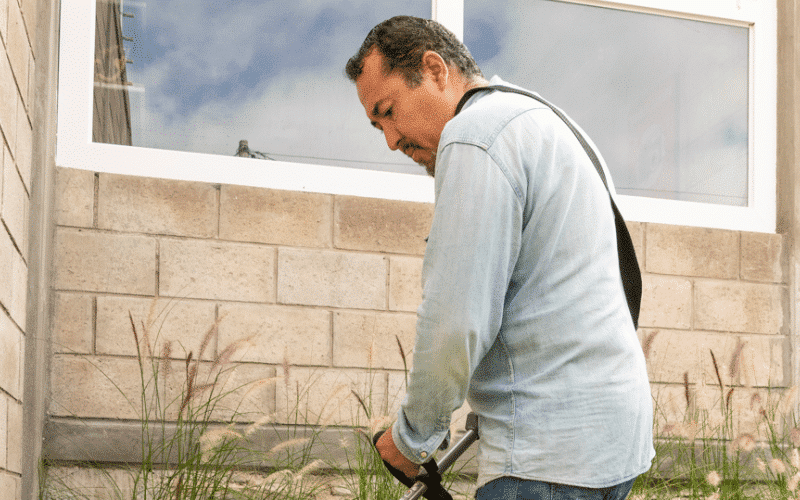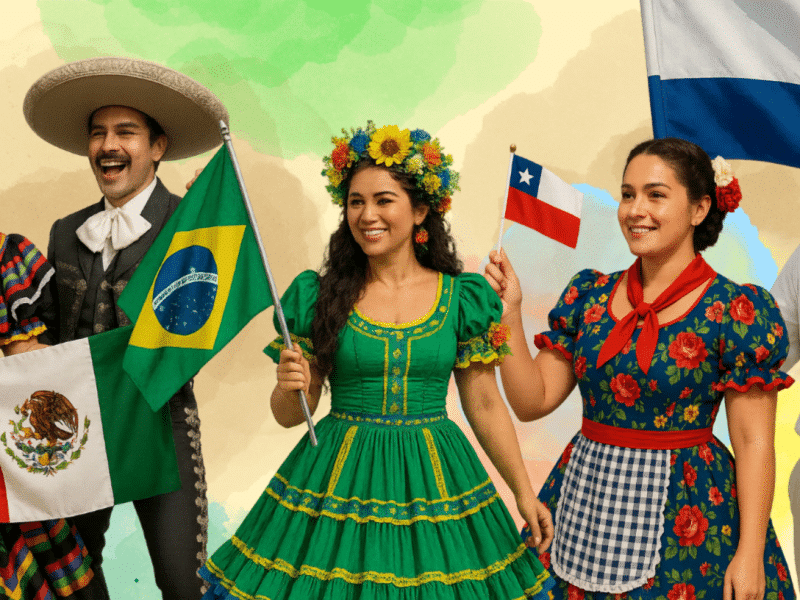Honoring Green Thumbs: Celebrating the Skill and Knowledge of Latino Gardeners
When was the last time you acknowledged the intellect and skill behind a beautifully kept garden? Often boxed into stereotypes, gardeners truly embody the art and science of horticulture.

On April 14, gardeners and lucky people with green thumbs celebrated National Gardening Day. While it doesn’t usually garner a lot of attention, National Gardening Day is focused on encouraging others to get into some plants or into a garden to start their journey. We propose it should also be a time to honor the special skill and knowledge gardeners have, especially in the Latino community, where our connection to the earth is such a big part of the culture.
For far too long, gardening in the United States has been associated with Latinos, mostly Mexicans, in a very stereotypical way. While their work may be appreciated at a base level, there’s little to no recognition of the profound skill and dedication Latino gardeners bring to their craft.
After all, gardening isn’t just about trimming hedges or mowing lawns; it’s more complex than that, requiring a deep understanding of horticulture. Anyone who has done it will tell you that growing the kind of stunning garden that makes your neighbors jealous is hard work. It requires a certain kind of intelligence, known as naturalistic intelligence, which is the ability to understand and work with natural elements.
People with naturalistic intelligence are very sharp about identifying patterns and understanding what nature needs. This is why people who have this kind of intelligence are so good at not just gardening, but also farming, conservation, and more. Granted, gardening may not always be a calling for Latinos living in the U.S. Sometimes, it’s a means to an end, but there’s no denying that Latino gardeners have a connection to nature and know what they’re doing.
Latino gardeners, while often overlooked or underestimated, are responsible for making communities brighter and more beautiful by transforming ordinary spaces into thriving ones. Many of them have sharpened their skills through generations of family tradition, which makes their work even more special, having the skills passed down from their parents, grandparents, and even great-grandparents and beyond.
Behind every meticulously manicured lawn or flourishing garden bed there are hours of hard work and passion for nurturing the earth. Latino gardeners often start their days before dawn, familiarizing themselves with every area they work with. Why? Because beautiful gardens are achieved by making the right choices not just for the land, but also for the owner.
Gardening is all about creating harmony and linking people to nature. If you really think about it, gardening is extremely focused on connection. The land is connected to the soil, the soil is connected to the plant, and the plant is connected to carers who help it thrive—not just the gardener but also the homeowners who continue the gardener’s work.
As we reflect on National Gardening Day, let’s take the opportunity to honor the invaluable contributions of Latino gardeners. Let’s recognize their expertise, their dedication, and their role in shaping our communities. In doing so, let’s also challenge the stereotypes that have marginalized them for far too long and celebrate the rich knowledge and culture they bring to the table.
Not to mention the love that many of them pour into the land; a land that isn’t their own, making that love even more worthy of appreciation.
So, here’s to Latino gardeners blessed with green thumbs; the unsung heroes of many a garden across the United States!




